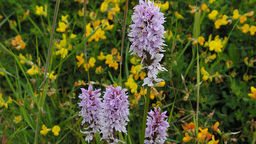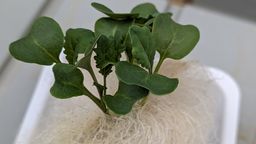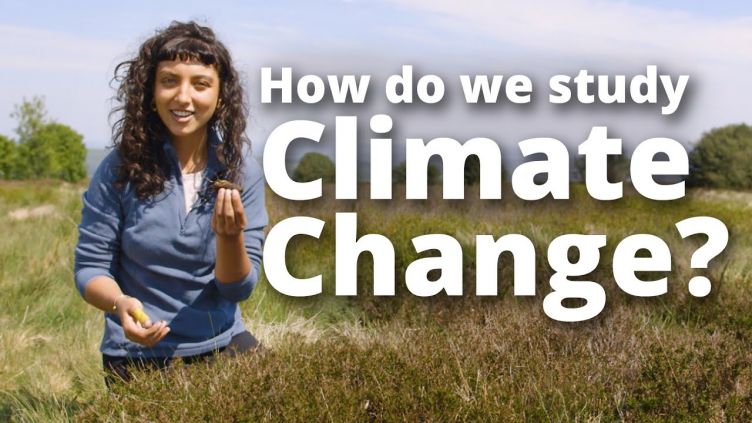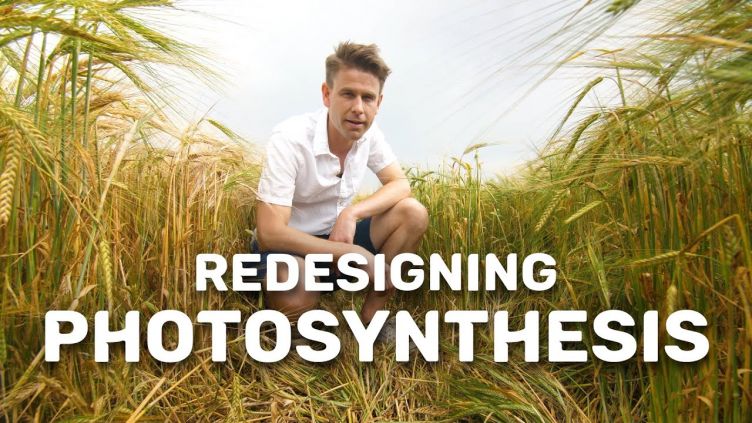Plants, Photosynthesis and Soil

Our research
We study plants and soil, and their interactions with the environment across all scales, from fundamental mechanisms that underpin photosynthesis and development through to interactions with other organisms and climate. Our frontier and translational research tackles pressing global challenges in climate change, clean energy and manufacturing, and agricultural and urban sustainability.
To avoid dangerous climate change, global greenhouse gas emissions must reach net zero by 2050. Over the same period, global energy consumption will more than double, demand for crops is set to increase by 50%, and 20% more people will live in urban environments. Meeting the challenges of climate change mitigation, clean energy, global food security, sustainable agriculture and cities has never been more important. We address these critical issues through our fundamental and translational research. Our work provides new insights into how past, present and future climates impact plants and soils, and develops new strategies for greater sustainability in our use of the environmental resources that all life depends on.
Plants
We use biochemical and biotechnological approaches to understand plant development and to prime the plant immune system against pests and diseases. Our research extends to ecosystem-wide processes across all timescales, such as biosphere-atmosphere interactions, climate change impacts, feedbacks and mitigation, and sustainable land-management practices such as regenerative agriculture.
Photosynthesis
We research the molecular mechanisms and regulation of photosynthesis using model organisms to redesign and improve the photosynthetic machinery in crop plants. We use atomic force microscopy, cryo-EM and fluorescence spectroscopy to study light reactions at a molecular level and use molecular genetic techniques and plant physiology to improve understanding of key processes, including stomatal development and regulation, leading to better drought tolerance and water use efficiency of major crops.
Soil
We examine soil microbial community dynamics and function, plant-soil feedbacks, and symbiotic interactions across a range of pathogens and beneficial microbes, helping us to build better understanding of the true diversity, structure and function of soil communities across natural, agricultural and urban ecosystems. Using quantitative analyses of soil and plant carbon fluxes we develop ecosystem-wide carbon budgets and improve our understanding and potential to trap and store carbon in soils and vegetation.
Research highlights
Our top stories
How do bioscientists study climate change?
We know science is essential to understanding the climate crisis and coming up with ideas for dealing with it. But, in practice, how do scientists actually study the effects of climate change? We asked bioscientists Chris Taylor and Jasmine Wakefield to talk us through their experiments and show us what it’s like to be a climate change researcher.
Why is photosynthesis so inefficient?
Photosynthesis is the foundation of life on Earth, providing food, oxygen and energy that sustains the biosphere and human civilisation - but it’s hopelessly inefficient. At Sheffield, our researchers are working to find solutions to the challenges of food security and sustainability and by making the process of photosynthesis more efficient, it’s one way to achieve higher yields from crop plants to sustain projected population growth.
Research facilities
Our plant growth and experimental facilities are world class and span the full range of controlled-to-field environments, including Sir David Read Controlled Environment Facility, the Arthur Willis Environment Centre, and Bradfield Environment Centre.
Our research uses the latest techniques, including molecular genetics and epigenetics, metabolomics, imaging technologies, gas exchange analysis, stable- and radio-isotope analyses and plant growth analysis in the lab and field.
Our fieldwork deploys advanced methods for analysing the cycling of C, N and P in agricultural and natural ecosystems, and the emissions of greenhouse gases to the atmosphere. We use remote sensing and computational models to upscale plant and ecosystem processes to the Earth System from the past and into the future, ensuring that our work is set in a truly global context across all timescales.
Publications
-
Key publications
-
-
Further Publications
- See a full list of key Plants, Photosynthesis and Soil publications here
People
-
Our staff
-
- Dr Liz Alvey
- Dr Sam Amsbury
- Professor David Beerling FRS
- Professor Terry Callaghan
- Dr Stuart Campbell
- Dr Stuart Casson
- Dr Holly Croft
- Dr Jill Edmondson
- Professor Katie Field
- Professor Andrew Fleming
- Professor Julie Gray
- Professor Sue Hartley
- Dr Andrew Hitchcock
- Professor Peter Horton FRS
- Professor Neil Hunter FRS
- Professor Matt Johnson
- Professor Johnathan Leake
- Professor John Lee
- Professor Gareth Phoenix
- Professor Colin Osborne
- Sir David Read FRS
- Dr Stephen Rolfe
- Dr Jim Rowe
- Professor Julie Scholes
- Dr Saima Shahid
- Dr Lisa Smith
- Professor Jurriaan Ton
- Dr Maria Val Martin
- Professor Charles Wellman
Research institutes and Centres of excellence
Our research in plants, photosynthesis and soil is supported by and feeds into the following research institutes and centres of excellence.
- The Grantham Centre for Sustainable Futures
- The Institute for Sustainable Food
- Leverhulme Centre for Climate Change Mitigation (LC3M)





